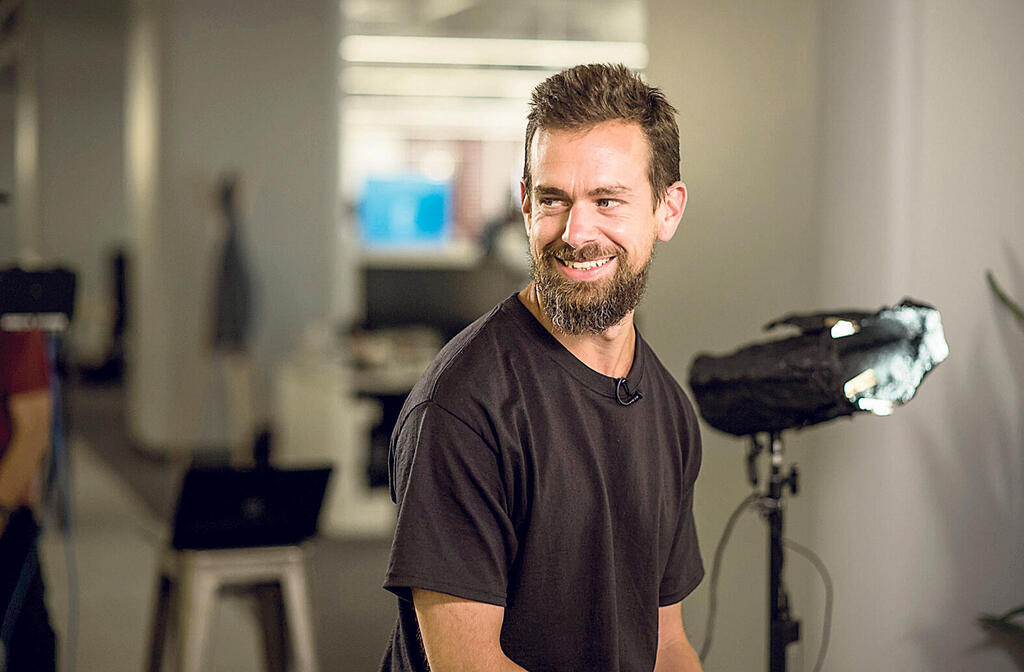
Why the age of social media giants is over
Echo chambers, declining trust, and the rise of alternatives mark the new face of online communication.
A fifth of X (formerly Twitter) users from the United States left the network in the past year. Meta’s Facebook will soon host more profiles of deceased users than living ones. On TikTok, people engage in monologues rather than dialogues. Meanwhile, Telegram is increasingly defined by group-based interactions. The grandiose era of social networks aspiring to connect the entire online world is over. A new era has emerged—not platforms enabling voyeurism among far-flung acquaintances, but smaller circles echoing shared ideas. These circles occasionally erupt into horror shows of hatred, contempt, and racism. The social network is dead—long live the new network.
Two decades ago, when Facebook was founded and soon followed by Twitter, the idea of people sharing their thoughts publicly seemed revolutionary. How beautiful it was: exchanging ideas, connecting across continents, and forging new relationships. For years, competition among social networks revolved around user numbers. Managers, regulators, and the media focused on metrics like active users, growth rates, and demographic segmentation. For more than a decade, these numbers defined the success of the platforms, while beneath the surface, a quiet evolution took place.
The rise of fragmentation
The split into groups began around 2015 with Telegram’s introduction of "channels" and "supergroups," features Facebook quickly replicated. In 2017, following the Cambridge Analytica scandal, Facebook pivoted further toward group-based communication. As the networks aged, new challenges arose.
This shift made the business obsession with user numbers increasingly problematic. Over the past five years, studies have revealed changing trends: younger users abandoning giant networks for alternatives and social media becoming increasingly fragmented. As a result, new mechanisms emerged—not the traditional network effect, where people joined platforms en masse, but "echo chamber effects," where users sought networks that reflected their ideologies.
The decline of mass appeal
These changes have often gone unnoticed, even as narratives and numbers failed to align. X (formerly Twitter) is a prime example. Elon Musk, who purchased the platform in 2022 for $44 billion, loves to tout data. Last May, he announced that X had 600 million active users, with half of them logging in daily. However, this optimism contrasts starkly with other indicators. According to Similarweb, daily users in the UK dropped from 8 million to 5.6 million over the past year. Similarly, user numbers in the U.S. and Israel fell by a fifth. Fidelity now values X at just $9.4 billion—an 80% plunge from its purchase price—largely driven by declining user engagement and advertiser pullback. Is X thriving or dying? Neither—it has simply transformed, as has the entire social media landscape.
Users crack the algorithm
Social networks are no longer the innovative and exciting spaces they once were. Billionaires like Musk buying platforms on whims, or Meta launching carbon copies like Threads, only highlight the stagnation. Today, users are more aware than ever of how algorithms manipulate them—what they promote, what they hide, and the behaviors they reward. We’ve become adept at gaming the system, predicting posts, and navigating algorithms. Suspicion has also grown: bots, foreign agents, and government interference are constant concerns.
The new age of alternatives
Amid this mistrust, solutions have emerged. Dislike fascist content? Try Jack Dorsey’s Bluesky. Find Facebook too woke? Join the right Telegram group. Suspended on YouTube? Switch to Rumble. Tired of it all? Countless alternatives await. Platforms like Mastodon, Bluesky, and Threads have gained traction alongside niche options like Gab, Truth, Rumble, Getter, and BitChute. Unlike a decade ago, when new networks struggled to survive, these alternatives now thrive in a fragmented market.
The echo chamber problem
This diversification comes with a price: sealed echo chambers. Users increasingly interact only with those who share their views. Information flows are limited, tribalism thrives, and extreme opinions gain traction. Instead of fostering connection, social networks amplify divisions, normalizing hatred and alienation. They fail to serve their original promise of global unity.
The future of social media
Despite our growing sophistication in navigating these platforms, the reality is bleak. Social networks, which once aimed to unite the world, now fracture it into isolated silos. They perpetuate division, stifle communication, and degenerate society into pockets of mutual alienation. They are the antithesis of their original vision. Perhaps the death of social networks is the only way forward, clearing the path for something truly new and transformative.















